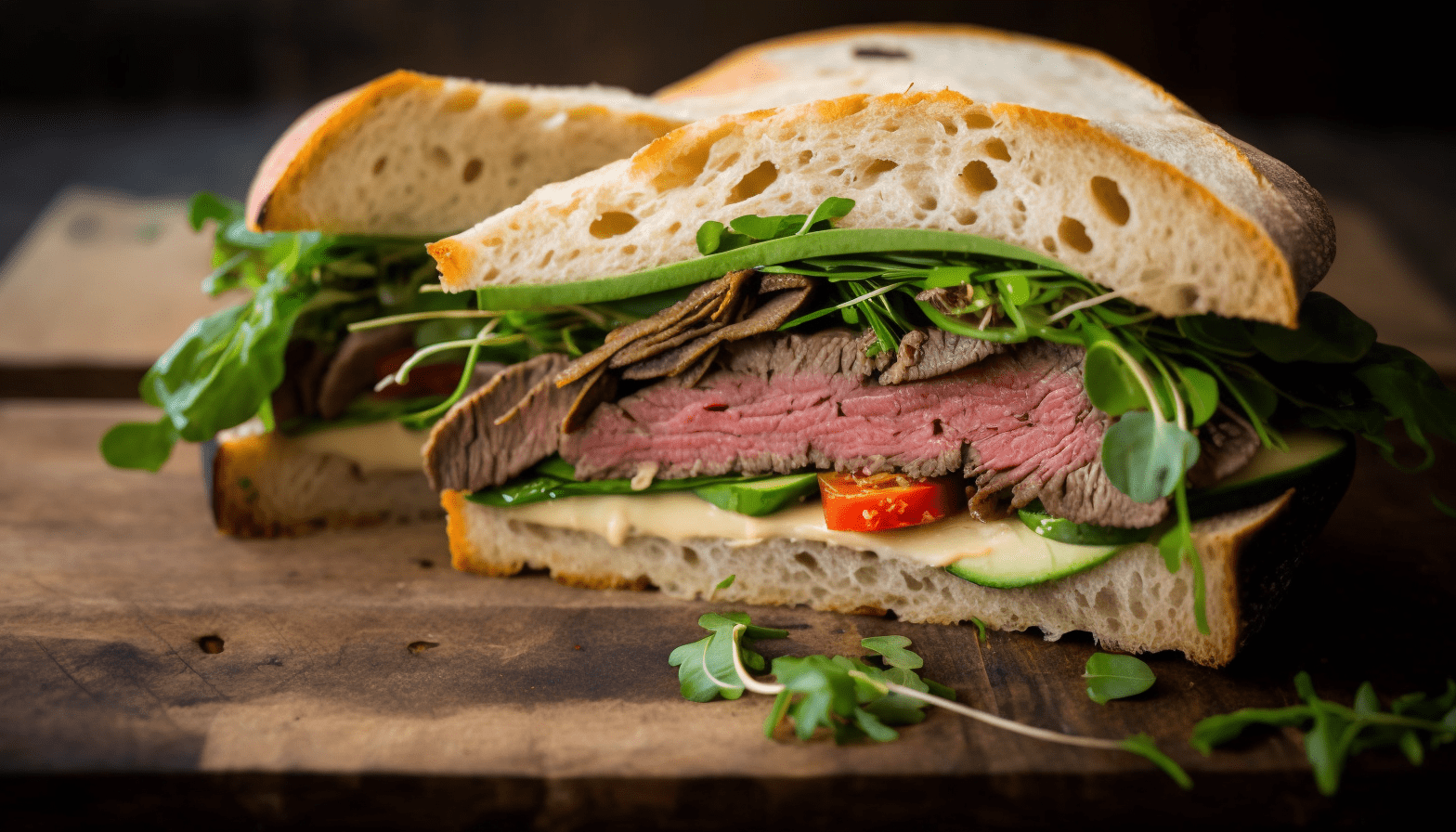Food is more than just sustenance; it’s an essential aspect of our culture and history. Every cuisine has a unique story to tell, and every dish has a history that is worth exploring. In this article, we’ll dive into the past and uncover ten historical facts about food that will change the way you think about it.
1. The Origin of Spices
Spices have been an essential part of human civilization for centuries. They were once worth more than their weight in gold and were traded across continents. The origin of spices can be traced back to ancient civilizations such as Egypt, China, and India. They were used not only for culinary purposes but also for medicinal and religious purposes.
2. The Birth of Ketchup
Ketchup is a ubiquitous condiment that is loved by millions around the world. However, its origins are not widely known. The first ketchup was actually made in China, and it was not made from tomatoes. It was a mixture of pickled fish and spices called ke-tchup. It wasn’t until the late 1800s that ketchup made from tomatoes became popular in the United States.
3. The First Fast Food Chain
Fast food has become a staple in our modern society, but did you know that the first fast food chain was established in the early 20th century? White Castle, which was founded in 1921, was the first fast food chain in the United States. They were known for their small, square hamburgers and were wildly successful.
4. The Invention of Refrigeration
Refrigeration is something that we take for granted, but it has revolutionized the food industry. Before refrigeration, food had to be preserved using methods such as salting, smoking, or canning. In 1834, the first refrigerator was invented by Jacob Perkins, which paved the way for modern refrigeration.
5. The Origin of Chocolate
Chocolate is a popular cuisine with a long history. It was first used by the ancient Maya and Aztec civilizations as a beverage, and it was considered a luxury item. Chocolate was not introduced to Europe until the 16th century, where it immediately became popular. Today, chocolate is consumed around the world in various forms.
6. The History of Sugar
Sugar is a ubiquitous ingredient that is found in almost every kitchen. However, its history is not as sweet as its taste. Sugar was first harvested by slaves in the Caribbean, and the sugar trade played a significant role in the slave trade. It wasn’t until the 19th century that sugar became widely available and affordable.
7. The Rise of Vegetarianism
Vegetarianism has been around for centuries, but it has only gained popularity in recent years. The first vegetarian society was established in England in1847, and it was founded on ethical and moral grounds. However, vegetarianism also has a long history in certain cultures such as India, where vegetarianism has been practiced for thousands of years due to religious and cultural beliefs.
8. The History of the Sandwich
The sandwich is a staple food that is loved by millions around the world. Its origins can be traced back to the 18th century when the fourth Earl of Sandwich, John Montagu, requested a piece of meat between two slices of bread. The sandwich quickly became popular and has since evolved into various forms and varieties.
9. The Impact of the Industrial Revolution
The industrial revolution had a profound impact on the food industry. The invention of machinery such as the steam engine and the assembly line made food production faster, more efficient, and more affordable. This led to the rise of mass-produced food, which has become a staple in modern society.
In conclusion Food is more than just a means of sustenance; it’s an essential aspect of our culture and history. The ten historical facts we’ve explored in this article are just the tip of the iceberg. There are countless fascinating stories and histories behind every dish and ingredient. By exploring the past, we can gain a deeper appreciation for the food we eat today.
